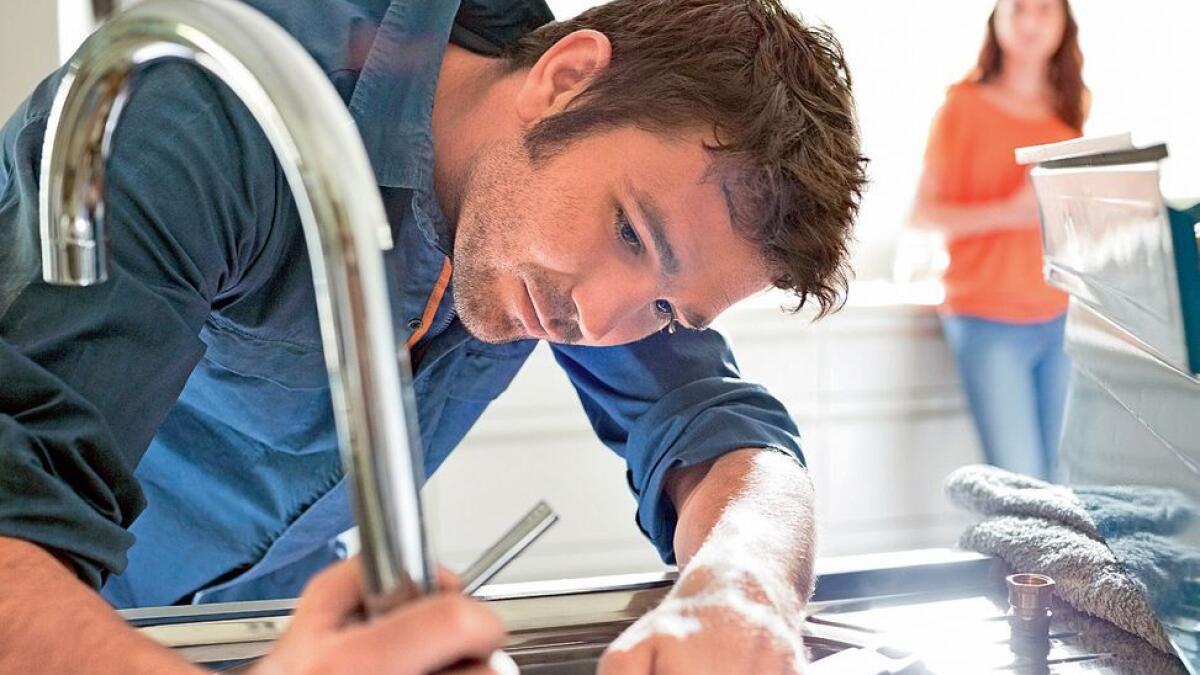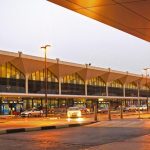Landlords in the UAE are increasingly shifting the burden of repair and maintenance costs onto tenants due to the high demand for rental properties. Tenants are reporting that landlords are rejecting requests for common repair works such as changing taps, locks, and other leakages, and asking tenants to buy the products themselves and get them fixed. This has led to frustration among tenants who feel that it is the responsibility of the landlord or building owner to carry out repairs on the property.
With rents in Dubai increasing by 10 percent during the first half of 2024, and projected to rise further in the second half of the year, landlords are taking advantage of the strong rental market by passing on maintenance costs to tenants. This trend has been observed due to financial considerations amidst rising property values and operational expenses. The dynamics between landlords and tenants have shifted, with landlords now expecting tenants to bear a larger share of repair and maintenance costs.
There have been instances where landlords have been slow to respond to maintenance requests, leading tenants to handle the issues themselves and incur the costs. This has created a growing divide between landlords and tenants, with disputes over maintenance costs becoming more common. Tenant advocates emphasize the importance of transparent lease agreements that clearly outline maintenance responsibilities from the outset to avoid conflicts in the future.
As Dubai’s real estate market continues to attract international investors seeking promising returns, there is a need for clearer guidelines regarding maintenance responsibilities between landlords and tenants. With disputes over maintenance costs on the rise, stakeholders are calling for governmental intervention to streamline reporting processes for unethical landlord practices. Simplifying these procedures without imposing financial burdens on tenants is crucial to maintaining Dubai’s reputation as an equitable and attractive rental market.
According to provisions of Law No. 26 of 2007 on ‘Regulating Relationship between Landlords and Tenants in Dubai’, landlords are generally liable for maintaining the fixtures and fittings of rented apartments unless it has been agreed otherwise in a tenancy contract. Article 16 of the Dubai Tenancy Law specifies that landlords are responsible for maintenance works and repairing any defects that affect the tenant’s intended use of the property. It is essential for both landlords and tenants to fully understand their rights and responsibilities under the law to avoid misunderstandings and disputes related to maintenance costs.
In conclusion, with the changing dynamics in the rental market in Dubai and the UAE, it is crucial for landlords and tenants to communicate effectively and adhere to the guidelines set by the regulatory authorities. Clear lease agreements and detailed communication regarding maintenance responsibilities can help prevent conflicts and enhance the landlord-tenant relationship. By promoting transparency and fairness in rental agreements, both parties can contribute to a more harmonious and mutually beneficial renting experience.








